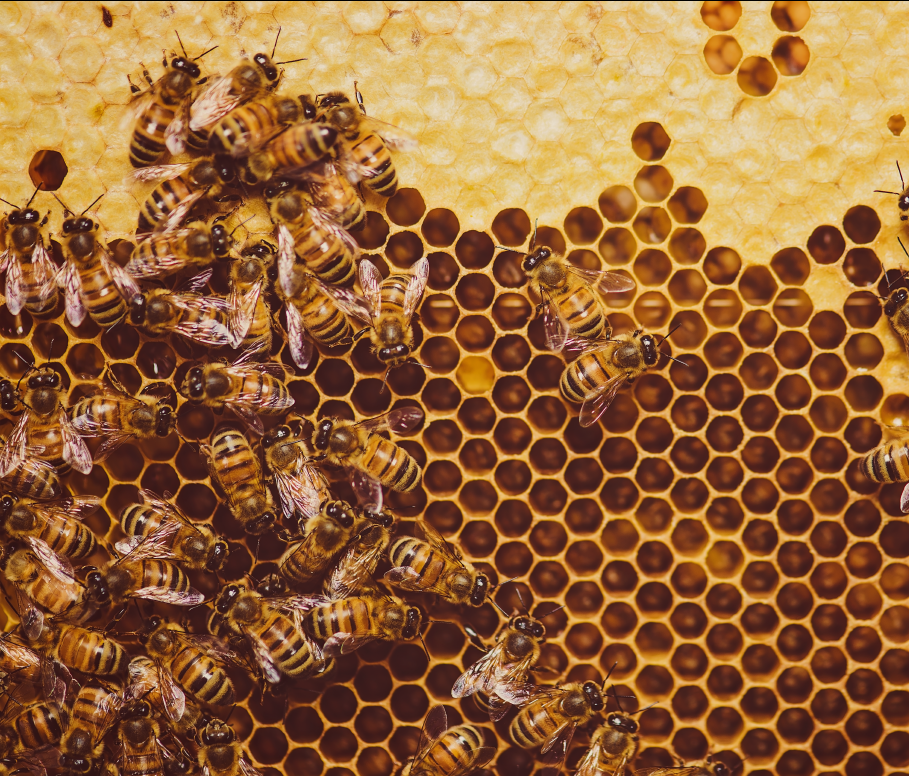Using Innovative Technology to Bolster the Global Bee Population
This case study is based on an article published in WIPO Magazine found here.
Who: Beewise, led by Saar Safra, CEO
The Challenge:
Bees serve a crucial role in the global food supply infrastructure and are responsible for pollinating up to 75% of all fruits, vegetables and nuts. However, due to a convergence of issues including global warming, the use of pesticides and the introduction of new diseases and pests, the world is losing about 35% of total bee colonies annually. The combination of this reduction and an increasing global population is leading to a widening gap of global food supply, with no clear line of supply keeping up with demand.
The Opportunity:
Israeli start-up Beewise is working to reverse this trend with BeeHome, the first ever robotic beehive. The high-tech solution uses artificial intelligence (AI), computer vision and robotics to monitor bee colonies and address issues in real time to help protect and enhance bee populations. The robot inspects the colony and the AI tool converts collected images to data, which prompts the robot to take any necessary actions. For example, if the robot reports that the hive doesn’t have an appropriate water supply, it can replenish the supply on the spot. Or if it notices the bees are sick, it can immediately introduce the proper medicine.
In addition to bolstering the global bee population, BeeHome is proving to be a helpful tool for beekeepers who rely on hives to generate revenue from honey production. Not only does the technology enable beekeepers to monitor their hives daily, but it also includes an automated harvesting tool. Once a container of honey reaches capacity at 100 gallons, BeeHome alerts the keeper, who can then harvest the honey in as little at 15 minutes. “Feedback from our beekeeper clients is allowing us to continue to improve our platform. We iterate constantly, and the BeeHome is getting better all the time...While beekeepers are our paying customers, the bees are our primary focus,” said Safra.
Robust intellectual property (IP) rights and protections have been crucial to Beewise’s success, providing incentivizes for Safra and his business partner to explore this groundbreaking solution through four years of research and development. Safra notes that the company has secured 18 patents for the solution’s AI, neural networks and data collecting, with more on the way, to ensure exclusive rights to the technologies that play a key role in the robotic beehive’s processes. “When you bring an innovation to the world and want to leverage it from a business standpoint, and have so much to gain or lose, you want to make sure that you are protected,” notes Safra.
The world is in a constant state of change, which requires fresh thinking and disruptive technologies to address pressing issues. Strong IP protections are essential to developing and leveraging these innovations for the benefit of bees, people and the world.
“When you bring an innovation to the world and want to leverage it from a business standpoint, and have so much to gain or lose, you want to make sure that you are protected.”
– Beewise CEO Saar Safra


